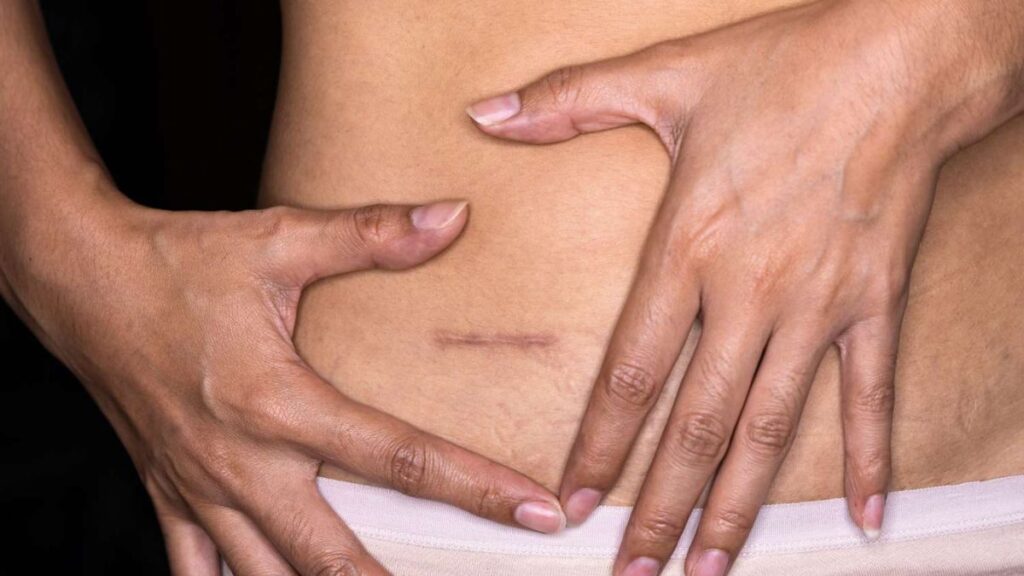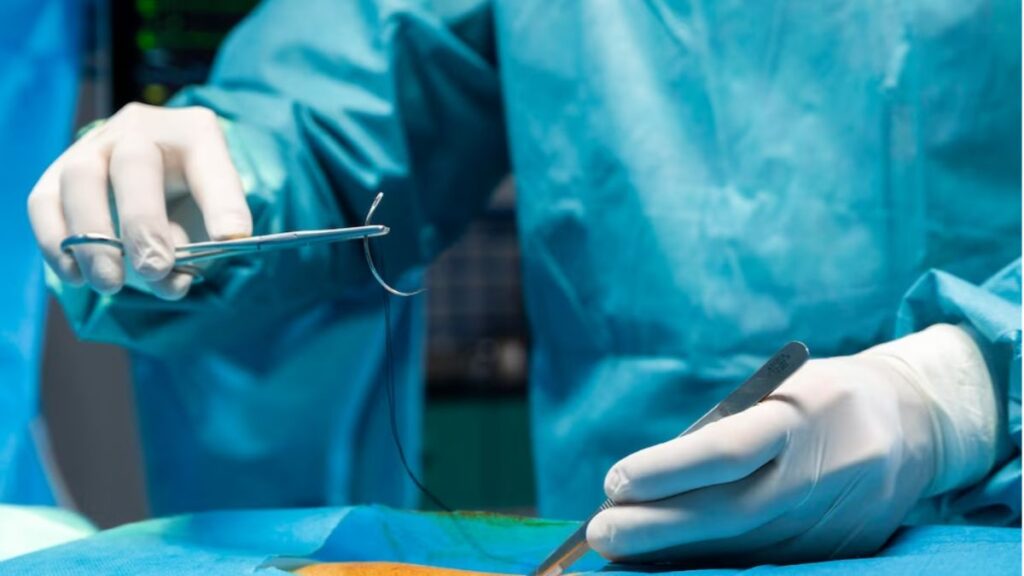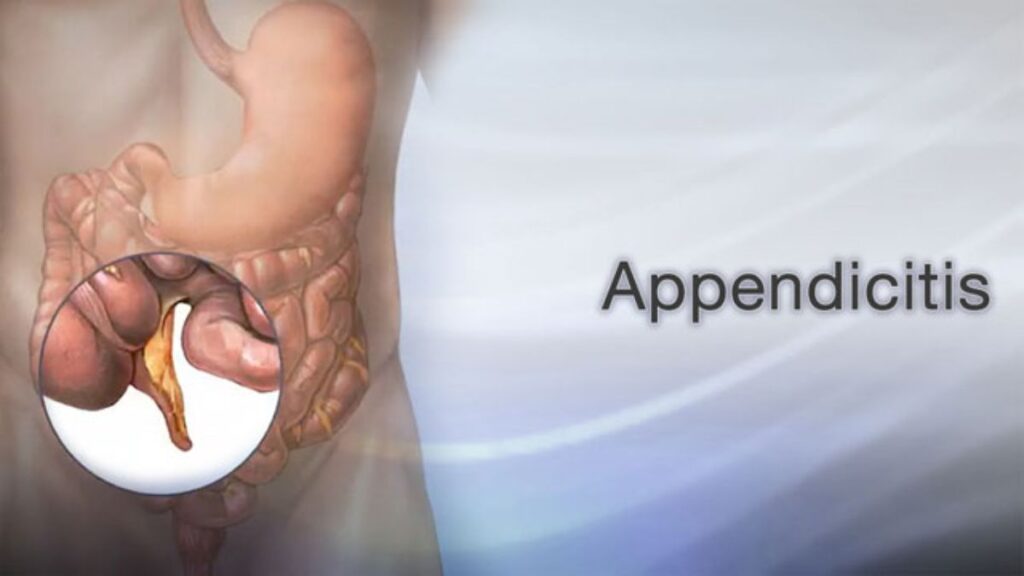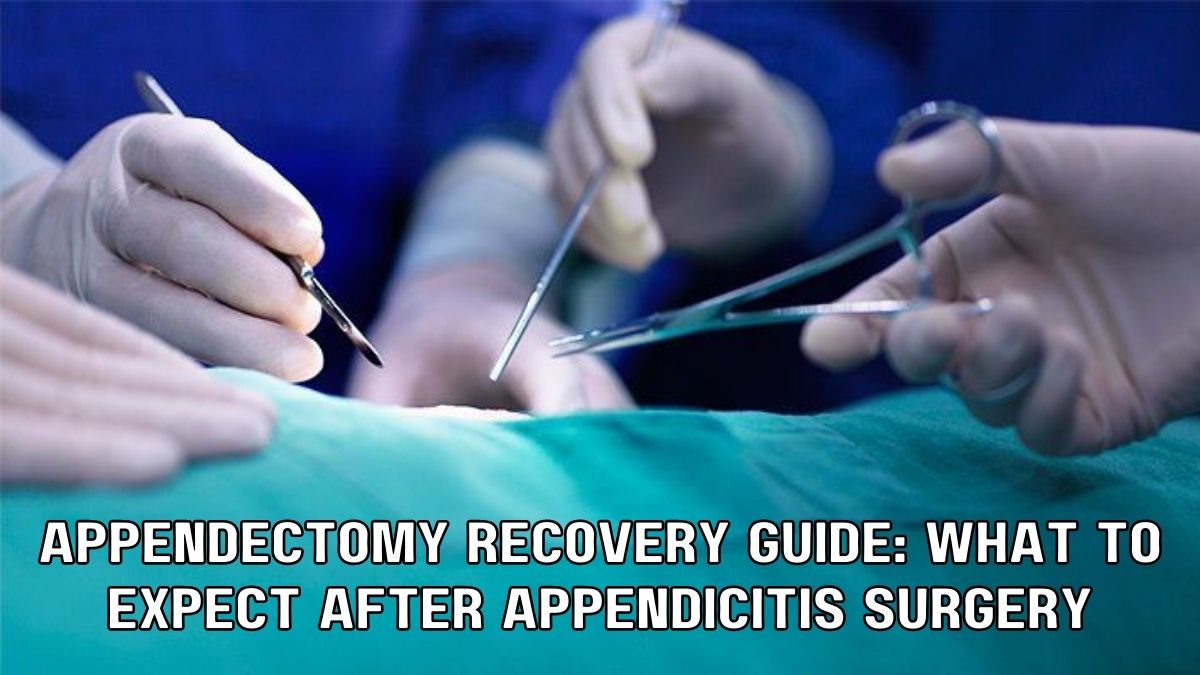Introduction
An appendectomy, the surgical removal of the appendix, is a common procedure that is often performed as an emergency surgery to treat appendicitis. While the surgery itself is relatively straightforward, the recovery process plays a crucial role in ensuring a patient’s swift return to normal life. In this guide, we will walk you through what to expect during your appendectomy recovery, including tips for a smoother healing journey.
Immediate Post-Surgery
Hospital Stay: After the surgery, you will spend some time in the recovery room before being moved to a hospital room. The length of your hospital stay may vary, but it’s typically one or two days.
Pain Management: You may experience pain or discomfort around the incision site or in the abdomen. Pain medication will be prescribed to help manage this. Be sure to take your medication as directed.

Activity and Diet
Physical Activity: Initially, you’ll need to rest and avoid strenuous activities. Gradually, you can start walking short distances to promote blood circulation and prevent blood clots.
Dietary Progression: You’ll begin with clear liquids and progress to a soft diet as tolerated. It’s crucial to follow your doctor’s dietary recommendations to prevent digestive issues.

Wound Care and Hygiene
Incision Care: Keep the incision area clean and dry. Follow your surgeon’s instructions for changing dressings and caring for the wound.
Showering: You can usually shower after the first couple of days but avoid soaking the incision site in a bath or pool until it’s fully healed.

Common Challenges
Constipation: Pain medications and reduced physical activity can lead to constipation. Stay hydrated, eat high-fiber foods, and consider a stool softener if needed.
Returning to Normalcy: It may take a few weeks to regain your full energy and strength. Listen to your body, and don’t rush back into your regular activities.

Follow-up Care
Postoperative Appointment: Attend your follow-up appointment with your surgeon as scheduled. They will assess your healing progress and provide further guidance.

Signs of Complications
Watch for Warning Signs: While complications are rare, be vigilant for signs like fever, worsening pain, increased redness or discharge at the incision site, or any unusual symptoms. Contact your healthcare provider immediately if you experience any of these.

Conclusion
Recovering from an appendectomy requires patience and adherence to your healthcare provider’s instructions. Although it may take some time, most people make a full recovery and can resume their normal activities. Remember, your healthcare team is there to support you throughout the healing process, so don’t hesitate to reach out if you have any concerns or questions. By following this guide and seeking prompt medical attention when needed, you can ensure a smoother and safer recovery journey.












